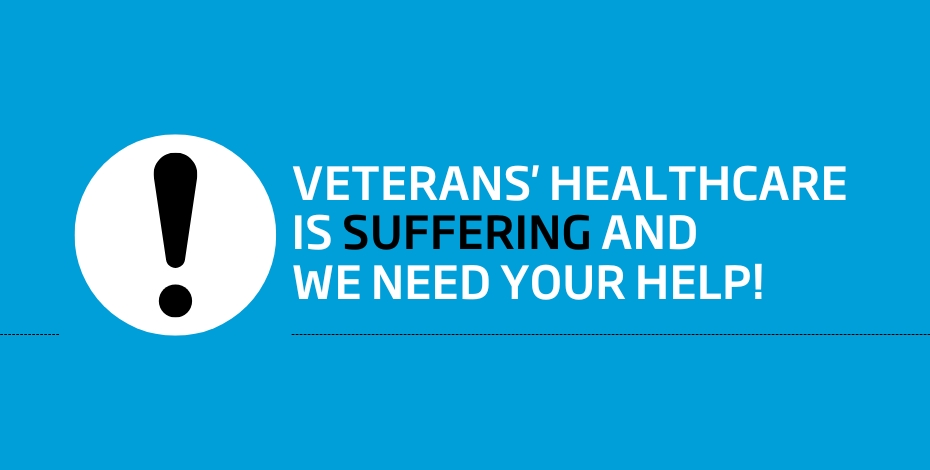
Curtley Nelson is an Australian Defence Force veteran who served overseas in Afghanistan and suffered his fair share of injuries during his service, both physical and psychosocial. He now works as a musculoskeletal physiotherapist treating veterans in the community.
A proud Dunghutti man now living on Meanjin Country, Curtley attributes much of his health journey to the practitioners that supported his recovery and inspired him to become a physiotherapist. After multiple surgeries and musculoskeletal injuries, Curtley knows the ins and outs of the health system for veterans, and the significant impact it has on the veteran community.
The current Department of Veterans' Affairs (DVA) model of care allows veterans to receive treatment for one condition per day, prohibiting them from getting timely and appropriate care for the complex conditions they live with.
“Many returning servicemen and women are missing out on the essential care they need to treat their many conditions because of challenges they face in accessing appropriate healthcare. We begin to feel like a burden on the health care system,” Curtley said.
“The health of our veterans is suffering as a result of the current restrictions and red tape placed on them by the DVA scheme. Our veterans deserve better given the sacrifices they have made for our country.”
The sheer level of complexity in conditions experienced by veterans is often overlooked by the DVA, as evidenced by the ‘one condition per day’ rule. Curtley and many other physiotherapists treating DVA clients are struggling to treat the various comorbidities that their veteran clients live with, within the bounds of this rule.
“Veterans may be forced to delay treatment for other conditions they live with. With many veterans living regionally or rurally where DVA-supported physiotherapy is not readily available, they may need to travel much more often than they should just to get the treatment they require,” Curtley said.
“Delaying their treatment can result in those conditions worsening over the course of time and can significantly impact mental health. The complexity of veterans’ health is overlooked by the DVA, causing many veterans, including myself, to seriously struggle with their rehabilitation journey and transition back to everyday life.
“It also becomes an extremely costly exercise for both veterans and physiotherapists, with the increasing number of visits veterans are requiring as a direct result of this DVA restriction. Veterans end up feeling like a burden on the healthcare system and don’t fight for their own health and wellbeing,” Curtley said.
Musculoskeletal treatment was provided by surveyed physiotherapists² to veterans in 86 per cent of all visits, making it the top health service provided. This was outlined in a newly released Australian Physiotherapy Association (APA) report, Physiotherapy in Veterans’ Care. Pain (45 per cent), rehabilitation (35 per cent) and geriatrics/aged care (26 per cent) were also in the leading health services provided³.
32 per cent of physiotherapists reported psychological comorbidities needed to be “almost always” factored into a treatment plan for veteran patients to get the best possible care outcome⁴.
Physiotherapists are in demand, but access is becoming increasingly restricted⁵. The report found only 12,200 physiotherapists were available to treat almost 208,000 veterans in 2021-2022⁶. Physiotherapists are struggling to keep up with the cost of DVA client sessions even though the demand for quality treatment is so high.
The DVA fee for physiotherapy services sits chronically low at $67.95 and does not support veterans to access the care they need and deserve. Physiotherapists are not remunerated for extra time, assessment or diagnostic tests under the scheme, irrespective of the client’s needs.
91 per cent of physiotherapists surveyed⁷ also stated that the current level of funding for physiotherapy does not enable them to sustain care for veterans⁸. The market fee for general physiotherapy is approximately $142.00, more than double the DVA fee. This results in up to a $74.00 shortfall for practitioners for an initial consultation⁹.
“Absorbing the price gap long-term is not feasible for many providers, causing them to make the difficult decision to provide care at a significant loss. This reduces or eliminates the level of service we can provide to DVA clients. Veterans are being left out in the cold, unable to find a provider that can service their complex needs,” Curtley said.
“Physiotherapists are passionate about veterans’ health and this is a topic extremely close to my heart as both a veteran and physiotherapist. I work in this area to assist my fellow veterans with finding the care they need to get back to living the life they love, just as I continue to, through my own health journey,” Curtley said.
The report is available on our DVA campaign page. Curtley Nelson feels very strongly about the health of veterans, as both a veteran and physiotherapist himself. He shares some insights and thoughts in the following video release and is available for comment.
References
1 3 4 6 8 9 Australian Physiotherapy Association (2023) Physiotherapy in Veterans’ Care. rep.
2 7 N=633
5 Ministers’ Media Centre. 2022 Skills Priority List almost doubles occupations with skill shortages. Australian Government [Internet] 2022 [cited 2023 June 20].
For further information, please contact:
Manager, Media and PR
Tel: 03 9092 0838
Email: media@australian.physio
Related tags
